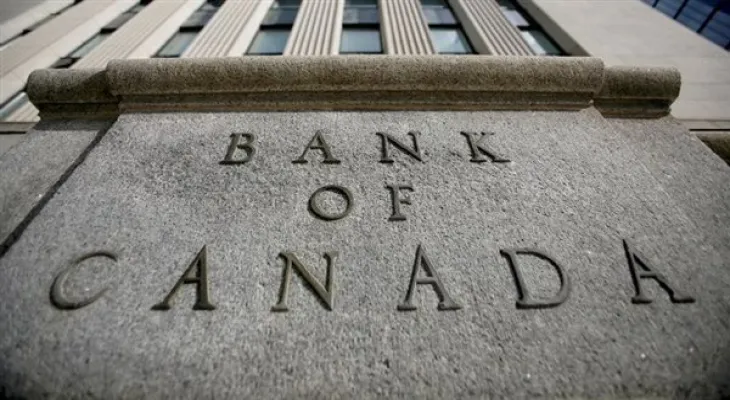Search here
Newspaper
Search here

Arab Canada News
News

Published: December 23, 2023
Many of Canada's major banks and many other lenders are offering a practical gift to borrowers this holiday season: a drop in mortgage rates.
After the first round of interest rate cuts earlier this month, mortgage lenders have again reduced fixed mortgage rates across the board.
During the past week, Scotiabank, RBC, CIBC, and BMO have cut special fixed rates by up to 70 basis points, or 0.70%. Price cuts are also being seen across all mortgage terms by national and regional brokerages and credit unions.
Ron Butler of Butler Mortgage told CMT that the bulk of the cuts primarily concern high-ratio insurable products (i.e., not those available for refinancing or amortized over 25 years).
He added, "These products have the most direct relationship with bond yields through securitization," "Traditional fixed rates move more slowly because they contain a mix of funding sources and different credit swap costs."
One month ago, the lowest deeply discounted fixed rate available nationally for 5 years was 5.29%. Today, borrowers can find these rates as low as 4.89%, according to MortgageLogic.news.
Former mortgage broker and investment banker Ryan Sims says: "Yields have stabilized a bit, so lenders will feel more comfortable cutting rates slightly here."
While there have been some sizable rate cuts, Sims points out they have not matched bond yields "basis point for basis point."
He notes that "there is still a significant premium on Canadian government bond yields over interest rates currently, and lenders have some extra net interest margin spread here," however, he added these risk premiums may be necessary if the economy enters a deeper recession causing larger loan losses for lenders.
What’s behind this latest round of rate cuts?
Fixed mortgage rates typically follow Canadian government bond yields, which fell again last week after cautious comments from Federal Reserve Chair Jerome Powell.
The 5-year Canadian government bond yield has now dropped more than a full percentage point from its recent high, closing at 3.24% as of Thursday, down from a peak of 4.42% in early October.
Powell's comments strengthened market confidence that interest rates have now peaked and will begin to decline sometime in 2024.
After the Federal Reserve left rates unchanged at last week’s policy meeting, Powell said policymakers at the central bank "believe it is unlikely they will hike rates..." He also acknowledged the Fed will begin easing before US inflation returns to 2%, saying "we recognize the risk of holding on too long."
On this side of the border, Bank of Canada Governor Tiff Macklem acknowledged on Monday that rates may fall "sometime in 2024."
Macklem said in an interview with BNN Bloomberg, "We certainly feel more confident that monetary policy is working, and increasingly conditions are set to bring us back to 2 percent inflation, but that’s not certain yet, and we’re not there yet."
In Canada, bond markets currently price in a 17% chance of a rate cut as early as January. While unlikely, most economists expect the first Bank of Canada rate cuts—which would affect variable mortgage rates—around midyear.
Markets expect a 94% chance of three-quarters point cuts by June. Meanwhile, most major banks forecast the overnight target rate falling to 4.00% by the end of 2024 from the current 5.00%. Many even see it dropping to 3.50%.
This in turn would lower the prime rate, on which variable interest loans and lines of credit are priced.
While variable rates have remained largely unchanged in recent weeks, some believe variable rates will be the better choice for borrowers facing renewal or those in the market for a new mortgage.
Mortgage broker Dave Larock of Integrated Mortgage Planners wrote, "If you are in the market for a mortgage today, variable rates are an attractive option—if you can bear the risk of variable rates and are willing to be patient."
He added: "Simply put, I believe variable rates will likely produce the cheapest overall borrowing cost over the next five years," "On the other hand, if you are worried that inflation will prove more persistent than consensus now expects… then consider that three-year fixed terms are the best fixed rate option currently available."
Comments